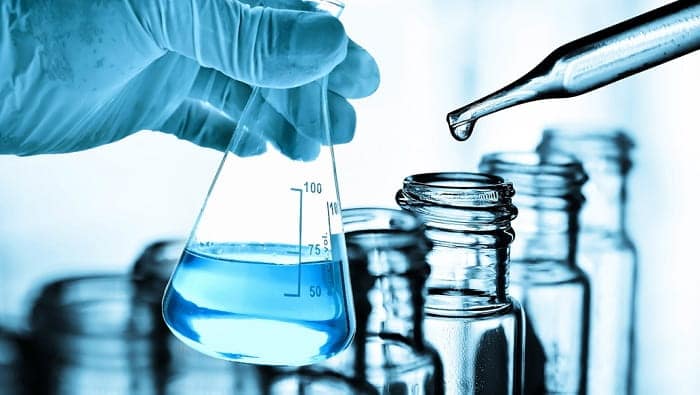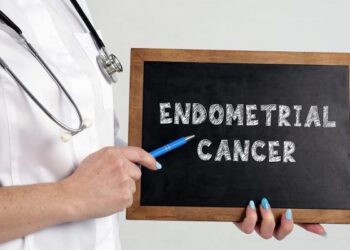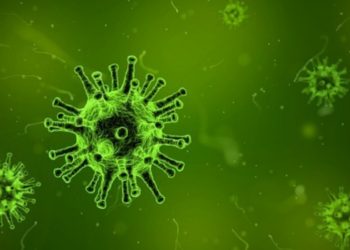Global biotherapeutics leader CSL announced that it will proceed with a Phase 3 clinical trial for CSL112, the company’s novel therapy for reduction of early recurrent cardiovascular events in heart attack survivors. The decision has been made subject to final agreement with the US Food and Drug Administration (FDA) on important elements of the study design. CSL Confirms Phase 3 Clinical Trial of New Therapy for Heart Attack Survivors.
The study will be the largest ever undertaken by CSL, and will enroll more than 17,000 patients from approximately 1,000 sites around the world to evaluate whether the drug can reduce cardiovascular events in high-risk patients during the critical 90 day period following a heart attack. The decision to proceed follows positive results from Phase 1 and 2 trials and was announced today during CSL’s annual R&D Investor Briefing in Sydney.
Cardiovascular disease (CVD) is the leading cause of death globally.1 Every year in Australia, an estimated 54,0002 people are hospitalised as a result of a heart attack. Nearly one in five survivors of acute myocardial infarction (MI), or heart attack, will experience a recurrent cardiovascular event (non-fatal MI, stroke, cardiovascular death) within one year of the initial event.3,4 The majority of these recurrent events happen within the first 90 days and are associated with a high rate of morbidity and mortality.4,5,6 In addition, recurrent events are associated with increased economic and healthcare burden.
“Despite recent advances in cardiovascular care, we still have an unacceptable rate of early recurrent cardiovascular events occurring in high-risk patients following an acute MI,” said C. Michael Gibson, M.D., Ph.D., Professor of Medicine at Harvard Medical School and co-lead investigator of the Phase 3 study, known as AEGIS-II. “We are optimistic that CSL112 will offer a novel, rapid approach to reduce these events during the 90-day period when heart attack survivors are most vulnerable.”
“Current treatments available to reduce the high risk of recurrent heart events are limited, and innovative, more effective alternatives are needed in order to ensure higher survival rates for this population of patients,” said Professor Steve Nicholls, South Australia’s SAHMRI Heart Foundation Heart Health Theme Leader and member of the AEGIS –II Phase 3 Executive Committee.
Early recurrent cardiovascular events are commonly caused by the rupture or erosion of cholesterol-rich plaque in the arteries. CSL112 may offer a new approach through the rapid enhancement of cholesterol efflux capacity, a process by which cholesterol is removed from plaque and transported to the liver for elimination from the body.
“The decision to proceed to Phase 3 of the clinical program for CSL112 reflects our promise to patients and deep commitment to innovation, along with our heritage of delivering plasma-derived therapies,” said Professor Andrew Cuthbertson, Chief Scientific Officer for CSL Limited.
“We believe CSL112 has the potential to change the current treatment paradigm for heart attack survivors and improve global health outcomes for the millions of people at risk for early recurrent cardiovascular events.”
CSL112 has been developed by CSL’s global Research and Development team, including scientists in Australia working in collaboration with global sites and partners. The Phase 3 trial, known as ‘AEGIS-II’ (ApoA-I Event reducinG in Ischemic Syndromes II), is expected to take around four years to complete, with patient enrollment beginning in early 2018.
Media Contact
Jemimah Pentland,
Head of Communications
CSL Limited
Phone +61 412 635 483
ABOUT CARDIOVASCULAR DISEASE & RECURRENT EVENTS
An estimated 17.7 million people died from cardiovascular diseases in 2015, which accounted for 31 percent of all global deaths.1 Of these deaths, an estimated 7.4 million were due to coronary heart disease.1 The most common cause of coronary heart disease is the build-up of fatty deposits (atherosclerosis) within the inner walls of the arteries that supply blood to the heart. A well-known clinical manifestation of coronary heart disease is acute myocardial infarction (MI).7 Patients who suffer an MI may also have atherosclerosis in other vascular beds, which can further increase the risk of recurrent events. In the US alone, a heart attack occurs roughly every 40 seconds.3 Despite optimal care, approximately one in five patients will experience a recurrent cardiovascular event in the year following an acute MI, with approximately 60-70 percent of recurrent events occurring in the first 90 days following the initial event.4,5
ABOUT CSL112
CSL112, Apolipoprotein A-I (Human), is a novel formulation of plasma-derived apoA-I, the primary functional component of HDL. It is reconstituted to form HDL particles suitable for intravenous infusion. Studies have shown that infusion of CSL112 rapidly enhances cholesterol efflux capacity8. CSL112 may offer a new approach for rapidly stabilizing atherosclerotic plaque lesions and is being developed for reduction in the risk of early cardiovascular events in acute myocardial infarction patients.
ABOUT THE AEGIS CLINICAL STUDY PROGRAM
AEGIS-II is a Phase 3, multicenter, double-blind, randomized, placebo-controlled, parallel-group study designed to evaluate the efficacy and safety of CSL112 on reducing the risk of MACE (Major Adverse Cardiac Event), defined as cardiovascular death, myocardial infarction, and stroke in acute coronary syndrome (ACS) patients who are receiving evidence-based medical therapy, diagnosed with either ST-elevation myocardial infarction (STEMI) or non-ST-elevation myocardial infarction (NSTEMI), including those managed with percutaneous coronary intervention (PCI) or medically managed.



















